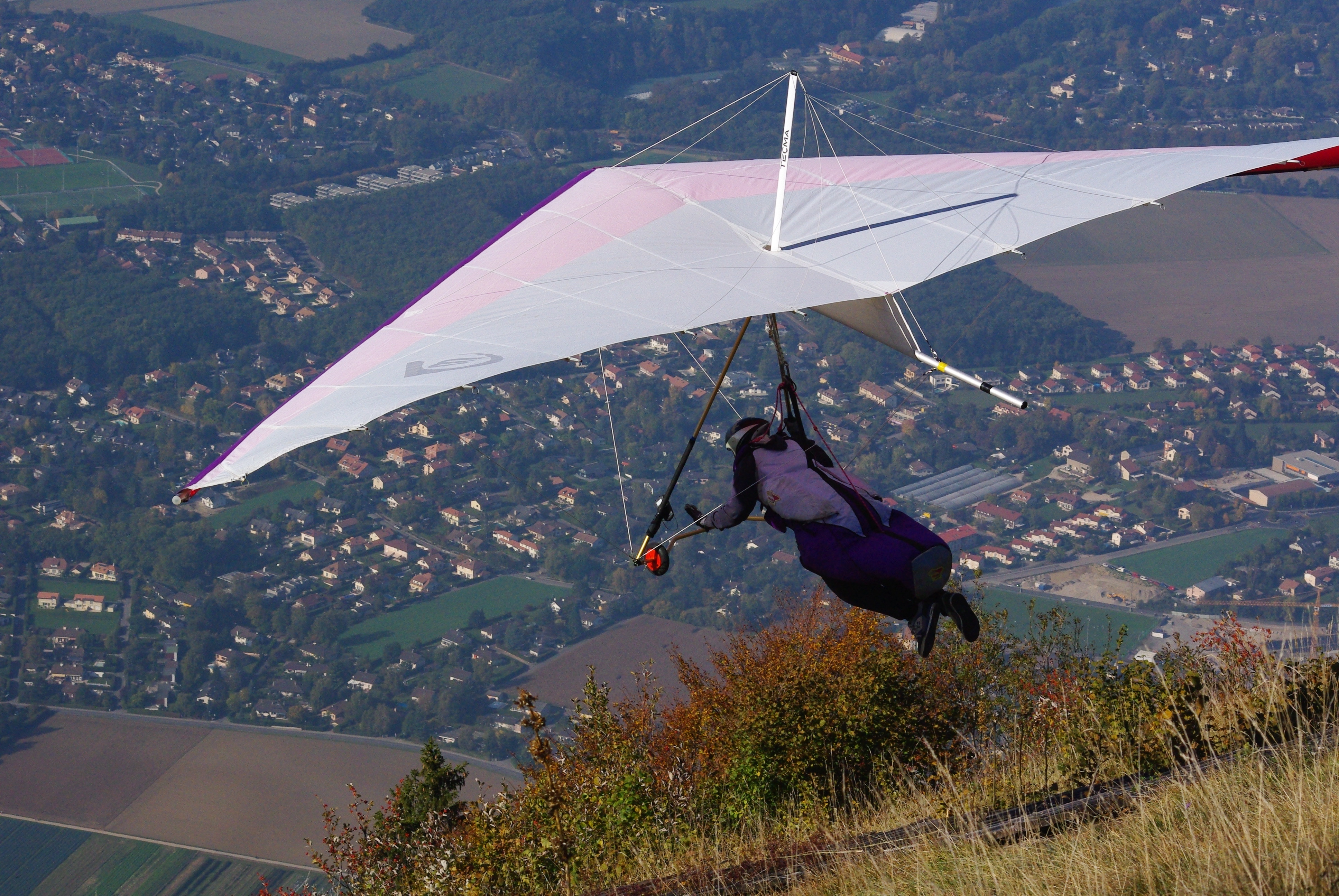
The story is told of young boy, growing up in the mountainous region of western North Carolina. As you may know, this area of North Carolina is freckled with many tiny towns, each with their own recipe for charm. There’s Bryson City, with a population under 1,500, tucked comfortably within the Great Smoky Mountains, and not far from the Nantahala Outdoor Center, host to white-water rafting, kayaking, and mountain biking. There’s also Weaverville, Murphy, and Tryon – each rich with natural resources and paths for wild wanderings. There’s Blowing Rock, Hot Springs, Sylva, Saluda, Franklin, Burnsville, and Banner Elk! There’s iconic railroad passages, world-renowned equestrian holdings, and post-card perfect towns lining the timber ridges. There’s a constellation of mountains folding into and out of one another, as if each were from a different family of mountains, namely the Appalachian, the Blue Ridge, Brushy, and Great Smokies – there’s also the Black Mountains, the Great Craggy Mountains, and the South Mountains. Together these form one of the greatest playgrounds that a young lad could ever hope for – and clearly there was plenty to do for fun!!
The interface of humans with the natural world is not always a mutually beneficial one. Yet somehow those fine folks from North Carolina have figured out how to establish and maintain consistently cooperative relationships with the rivers, and streams, the changing leaves, and the lakes, where seemingly nothing happens too fast, and nothing happens too slow. Instead, just like the gently flowing streams, the people and the wild trickle through their days, lending a boost to each and the other every chance they get. The result is a symbiosis matched by none.
From the trains and the quaint lanes, to the flowery shops and misting waterfalls – together they all form this healthy slice of rural living from the storybooks. To say that such a place is picturesque or panoramic is like saying the sky is “big.” And so, this is where our fine and sparkling lad grew up, amidst this great creativity generator, where the mind easily whirs and spins new notions – idyllic ideas floating, adventure only asking to be set free – and bidding all to join…
Not surprising then that this lad grew up and became an artist. It stands to reason that with that western North Carolina background of humans getting along so well in nature – our lad would focus his art on that concept – the interface of humans and nature. Perhaps an easier-going fella could ne’er be found??
But find this lad – all grown up – I did. We were sharing space in an aisle on an airplane. We struck up a conversation, got to going on about this and that that we shared – and the next thing we knew – we had landed! Just like that, we had optimized our experience – and time was transformed. We traded contact information and parted at baggage claim. I may never see him again, but I found I had come to admire him – not because he had the good fortune of growing up country…but for the fact that somewhere along the way, he has mastered his fear enough to take up a hobby that could capture all the *elements of optimal experience…
Those elements of optimal experience…
- Clarity of goals with immediate feedback…
- Concentration on the task at hand…
- A matching of skill and challenge levels…
- A feeling of control – of being in control…
- Flexibility and ease to the point of effortlessness
- An altered perception of time, where minutes seem like hours, or hours, like minutes
- A melt of consciousness and action – together, merged as one, and…
- It is an activity done for its own sake – auto: self; telos: goal – from the Greek – it is an autotelic activity
And his activity of choice, to achieve the elements of optimal experience…
Hang Gliding!!
A recreation tour de force if ever there was one, eh!!!
*Source: The elements of optimal experience, or FLOW, was introduced by Mihaly Csikzentmihalyi (1990) in FLOW: The Psychology of Optimal Experience, Harper Collins.
By Dr. Rodney J. Blackman
Dr. Rodney J. Blackman is the Chair of Recreation Management at the United States Sports Academy, and can be reached at rblackman@ussa.edu.
Soars with eagles.
That’s our David.
We belong to ourselves.
That’s our lives.